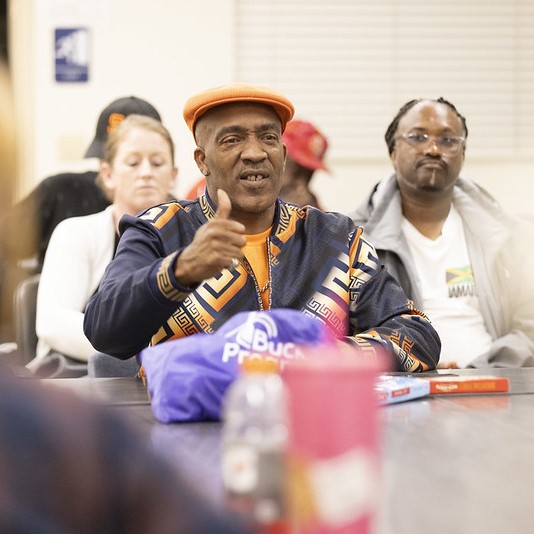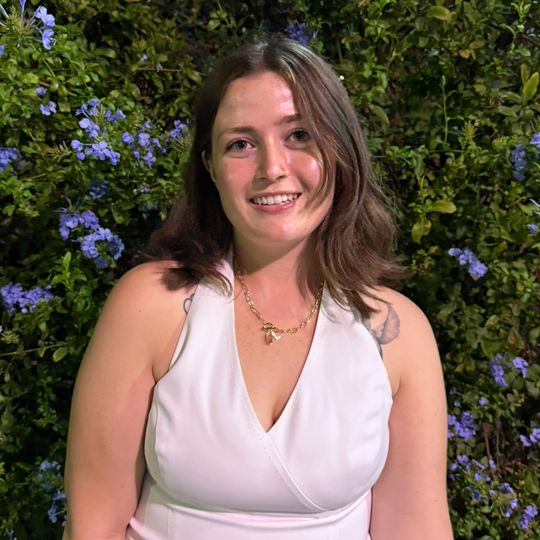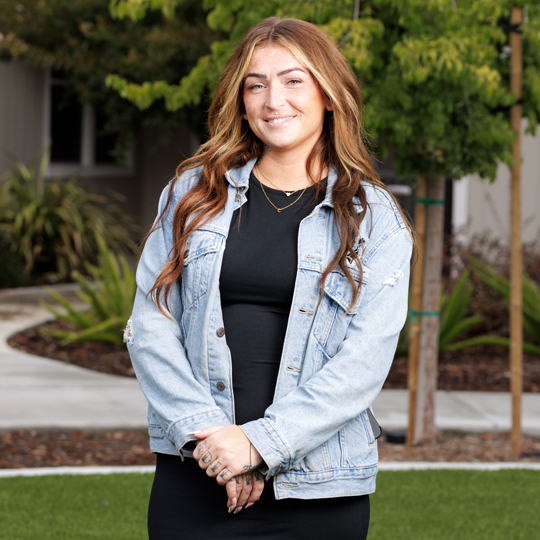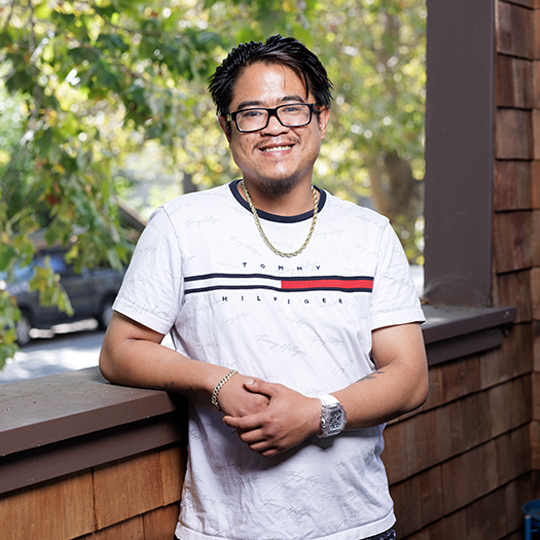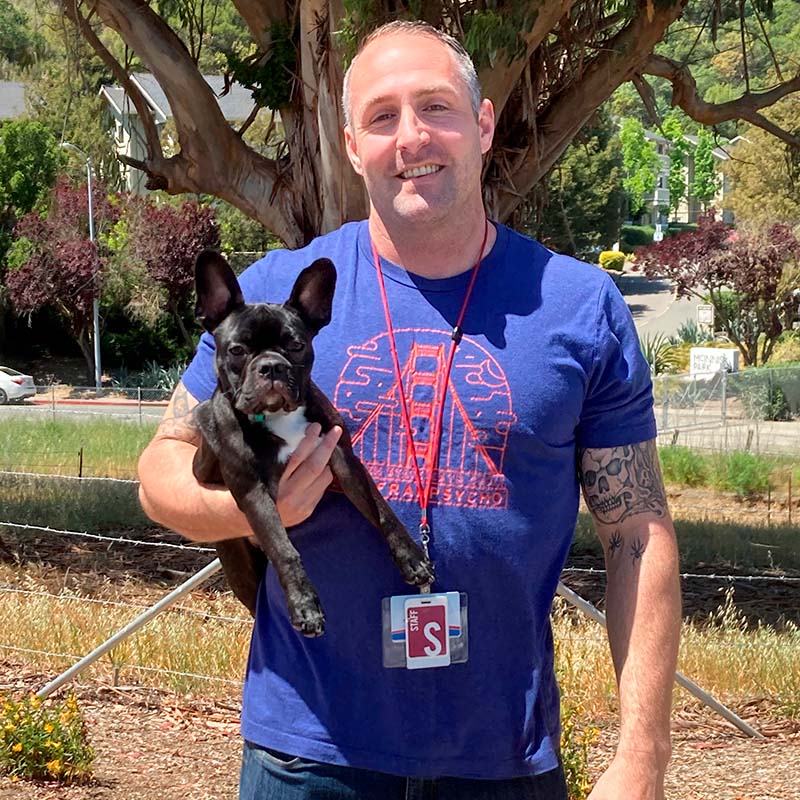
Like many adolescents in high school, Greg B. discovered a fondness for alcohol. But what was different for Greg was the fact that he could not not drink to excess. Every opportunity; every time.
By the age of 21, Greg had racked up three DUIs and ten or so misdemeanors, all alcohol-related. In and out of the courtroom, a young defendant with no understanding of the law, Greg developed a keen interest in the court system. Amidst a background of serious mistakes and devastating consequences, a desire was born that would be his North Star for many challenging years to come.
After a brief stint in jail and then court-ordered rehab, Greg was resolute when getting out.
“I became self-conscious about being judged by others,” he said. “Even so, I didn’t take rehab seriously. I just knew I wanted to get my act together and wasn’t going to drink anymore.”
Surviving on sheer willpower without understanding recovery is what’s known as ‘untreated alcoholism’ – a formula not built to last. And even though the two years he stayed sober were productive, he eventually relapsed.
“All the things that are keeping me sober now, I had no concept of at that time,” he says. “Accepting that I have a disease, having sober fellowship; being a service to society. Knowing I can never do drugs or alcohol in a way that is NOT addictive. Knowing I can’t stay sober on my own.”
While finishing up his BA in Political Science at SFSU, Greg relapsed. For the next ten years, throughout law school and launching his career, Greg made his life function while still using. Short bouts of productivity were followed by binge drinking.
“I was a tornado of destruction during that time,” he says. “Always trying to repair relationship collateral damage only to repeat it over and over again.”
Still, his growing passion for practicing law grew stronger and drove him forward. He joined the traveling mock trial team in law school and did well. “I discovered I was decent at presenting arguments and cross examinations,” he says. “And I really, really, loved it. My drive for wanting to be a lawyer superseded my addiction for quite some time. Criminal defense became the passion of my life.”
An internship with the San Francisco Public Defenders Office led to an offer for a post-graduate job with the local law firm owned by his idol, criminal defense attorney Tony Serra. “A dream come true,” Greg says.
Greg’s star continued to skyrocket, and all the good he worked so hard for continued to pour in. As a newly-minted attorney, he served as Serra’s co-counsel on major cases throughout the state of CA – a privilege normally not extended to brand new lawyers. Serra quickly gained confidence in Greg and began to funnel him important cases.
“He believed in me, and knew I could handle the larger cases,” Greg said. “But as a new attorney, I doubted myself. I never said no. I wouldn’t admit I felt inexperienced – so I took it all on.”
At one point, Greg had 50 clients across the state and was enjoying the amenities of a successful career. “I was living large,” he said. “Thought I was a big shot – had it made.”
As courtroom appearances became more frequent, Greg knew he couldn’t afford to present under the influence of alcohol; but as his stress mounted, he looked for alternatives to cope. He found a dealer who could provide a variety of ‘benzos’ – sedatives that would lessen his anxiety and go undetected.
Greg quickly developed a stellar reputation and was well-respected within his professional circles. As pressure built to sustain that level of achievement, even the benzos weren’t enough to silence the noise in his head. In a moment of desperation, he tried heroin. And as all the voices went silent, Greg inherently knew he had just passed the point of no return. Instantly it became a daily necessity.
Soon, Greg was the lead on a notorious murder trial in Modesto that dragged on for months, much longer than anticipated. When not in the courtroom, Greg found a new crowd of folks who were active in the local drug world and met a girl. Finally, the case wrapped; and meanwhile, many more cases back at the office had been piling up, needing his attention. As Greg was driving out of town, headed home, his girlfriend called, pleading him to stay.
“At that moment, as I was turning the car around,” he said, “I knew I was making a pivotal decision that would change everything. I literally never really came back after that.” Quickly, everything began falling apart.
Friends, family and colleagues began looking for him. As his life unraveled, Greg hid out in hotel rooms as he did drugs, constantly trying to bury his awareness that everything he worked so hard for was slipping away. The money ran out just as he received notice that his license to practice law had been suspended due to his failure to respond to several complaints from the CA State Bar. Shortly thereafter, he was disbarred from the practice of law.
An expensive daily habit with zero money left meant finding new means of income. Greg learned how to operate in this arena and was taught the ropes on retail theft and stealing cars. Nine months later, Greg re-entered the court system thirty pounds lighter as a criminal with an auto theft charge. His former colleagues were sure it was a mistake. Until he came back again.
“The heroin addiction is such a horrible, powerful thing,” he said. “The only thing that matters is not feeling horrible, which is a constant need. Jails, institutions or death, that is where the heroin lifestyle takes people.”
Four months in the county jail followed. When Greg was released with an ankle monitor, he was still using – but knew if he cut it off, he was headed to prison. When he did eventually cut it off, he was on the run for months until getting caught, and then spent the next nine months in state prison. When released to his dad’s house, his probation officer learned he was still on drugs.
“I was given a choice,” he said. “Back to jail, or Helen Vine Recovery Center for detox.” Having lost everything, Greg knew this phase of his life was over and he was ready to embrace recovery. He was admitted to the Center in February of 2018 and completed a ninety-day program.
“I walked into Helen Vine a convicted felon and a heroin junkie,” Greg says. “Never once was I made to feel like a criminal or drug addict – just a person who needed help. The counselors took a genuine interest in developing a customized program for me, versus applying the same ‘one size fits all’ general treatment plan that I’ve experienced elsewhere.”
Today, Greg has been sober for over three years and is working for several Bay Area attorneys as a legal researcher, writer and consultant. However, he has much larger plans and is working on literally building his case for an ultimate attempt to reinstatement his license to practice law.
There is an established challenging process for reinstatement; the majority of applicants are not successful. Greg will need to re-take the CA Bar Exam, as well as represent himself in court versus the State Bar of CA. The ultimate decision, whether or not to grant licensure, lies with the CA Supreme Court.
“I’ll need to prove serious rehabilitation because I went so far off the deep end,” he says. “I’m eligible sooner, but I want to show five years sober to give myself the best chance and be fully ready. Ultimately though, I want to be in a place where my happiness is not contingent on whether or not I practice law again.”
Greg continues to take steps towards rebuilding his legal career. In addition to having recently completed the three-year Lawyer’s Assistance Program, Greg volunteers with The Other Bar (a recovery program for lawyers, judges and law students) and speaking at homeless shelters, law schools and in-patient rehab centers. He was recently recognized by Marin County Probation and earned a place on their ‘Wall of Change,’ which celebrates probationers who have successfully turned their lives around.
“If the Helen Vine Recovery Center did not exist, honestly, I don’t know if I would be sober,” Greg says. “I would not have been able to detox on my own, which the other treatment center required for admission. Ultimately, with the lifestyle I was living, there is a very high likelihood that I would be back in state prison or dead. There is no other program like it in Marin County.”
“I miss everything about being an attorney and being in a courtroom,” Greg says. “It’s the most fun I’ve ever had. But I will never lose my focus on continuing to do the activities that got me sober, cause that’s what keeps me sober.”
The Helen Vine Recovery Center has been the first step in recovery made by thousands of Marin residents. Marin County’s only residential detox facility welcoming those with limited financial resources and a co-occurring disorder of mental illness and substance use, the Helen Vine Recovery Center was named in memory of a young woman who died because she was unable to find treatment for both of her conditions at the same time. Today, in partnership with Marin County Behavioral Health and Recovery Services, the Helen Vine Center offers a safe place for people like Helen to pursue recovery from both mental illness and substance use. This past fiscal year, the Center counted over 900 admissions.
